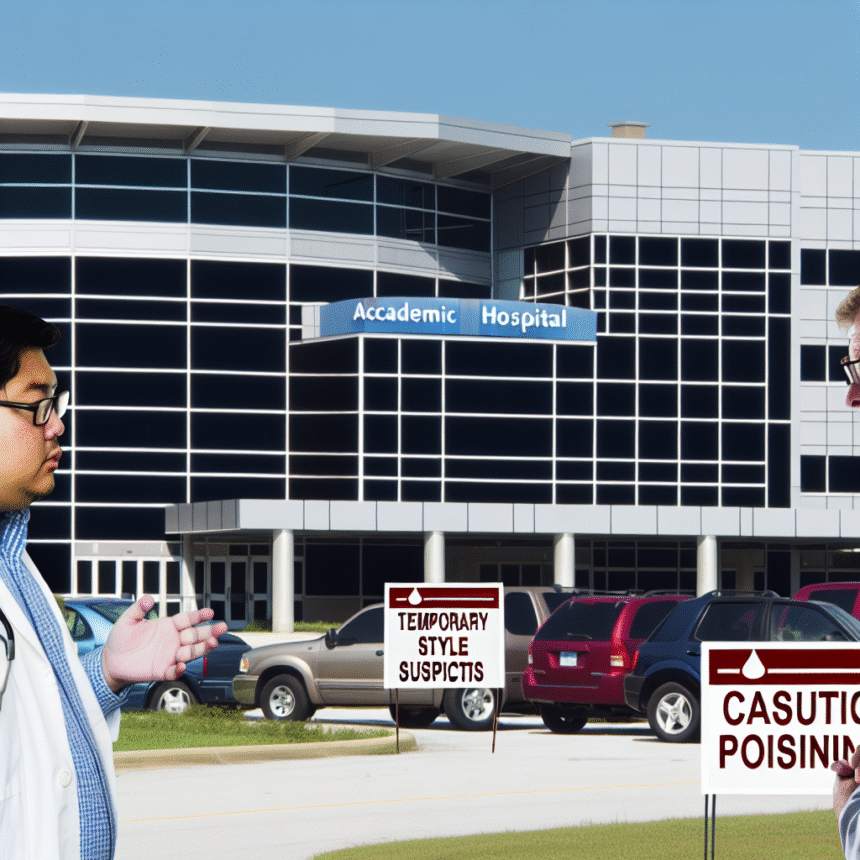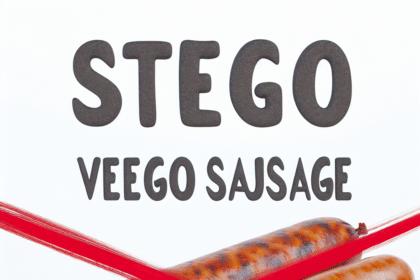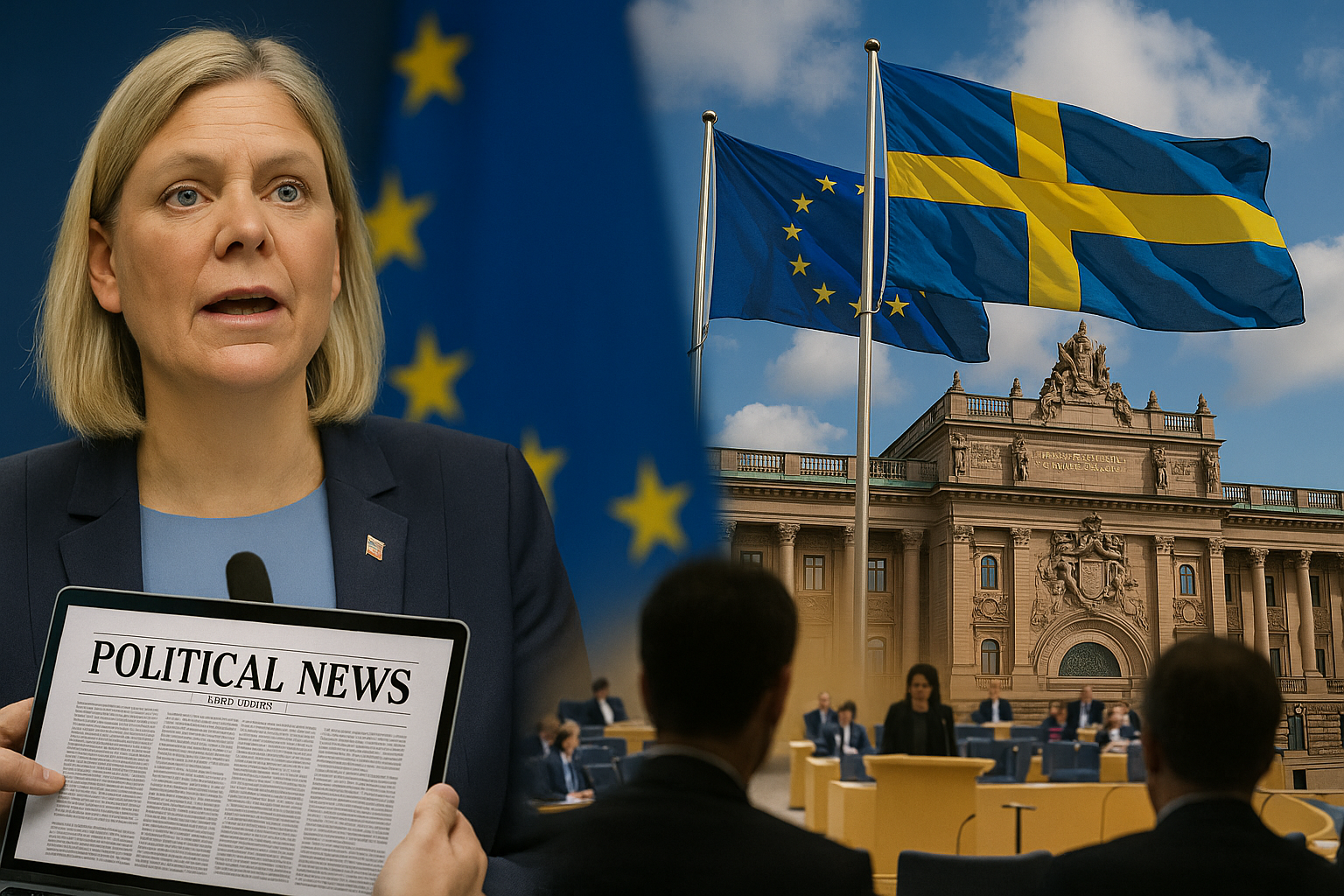The police suspect that employees at the Academic Hospital have been poisoned.
The hospital offers crisis support to worried staff – and has taken safety measures.
– We have extra patrols with security guards and have locked the department so that no unauthorized persons can enter, says Viktor Ekström, head of security.
Employees at the Academic Children’s Hospital in Uppsala became acutely ill. The police suspect that they have been poisoned.
Photo: TOBIAS STERNER / BILDBYRÅN
At the beginning of the week, the security department at the University Hospital in Uppsala contacted the police after three employees at the children’s hospital became acutely ill.
One employee fell ill on 25 October, the others on 3 November.
The police suspect that the healthcare staff has been poisoned and are investigating attempted murder.
– The reason why we started the preliminary investigation is that there are three people who fell ill in relatively close proximity to each other with similar symptoms to the point that they needed intensive care, said police spokesperson Stefan Larsson earlier this week.
The employees have been discharged from the hospital and interviewed by the police. According to information to Upsala Nya Tidning, they have suffered from hypokalemia. The condition means that you have too low levels of potassium in your blood and you can suffer from muscle weakness, convulsions and heart disorders, among other things. Medicines that are diuretics and caffeine could, in high doses, cause hypokalemia.
The academic hospital’s head of security, Viktor Ekström, says that this week they mainly focused on taking care of the staff.
Photo: Staffan Claesson / Academic Hospital
Has locked the department
The hospital has assisted the police in the investigation and continues to do so, says the University Hospital’s head of security Viktor Ekström.
– We have focused on taking care of staff – both those who are affected and the other staff. It’s a lot about informing, giving space to receive their concerns and thoughts, and identifying and offering crisis support to those who need it, he says and continues:
– We are continuing that work now and will continue over the weekend – there are managers on site in the business who can support their staff.
Security guards are making extra rounds and the department in question at the children’s hospital has been locked so that no unauthorized persons can enter, says the security manager.
– Personnel come in and out, and it does not affect operations or patient safety. But it’s locked.
“We want answers”
Viktor Ekström says that “the atmosphere has been pressured” and that the staff, in addition to their concerns, have many questions and concerns.
– We would like to get answers to what has happened. We will have to wait and see what the police investigation comes to. The important message to our patients is that you should feel safe seeking care.
An employee at the children’s hospital talks about the concerns for the local newspaper.
– Is it some medicine? Something in the air? Something they ate? We have no idea. Not knowing that is of course difficult.
Ellinor Boström, chairperson of the Uppsala Healthcare Association, writes in a short comment: “We continue to have a good dialogue with the employer and follow the investigation, there is investigation confidentiality.”






